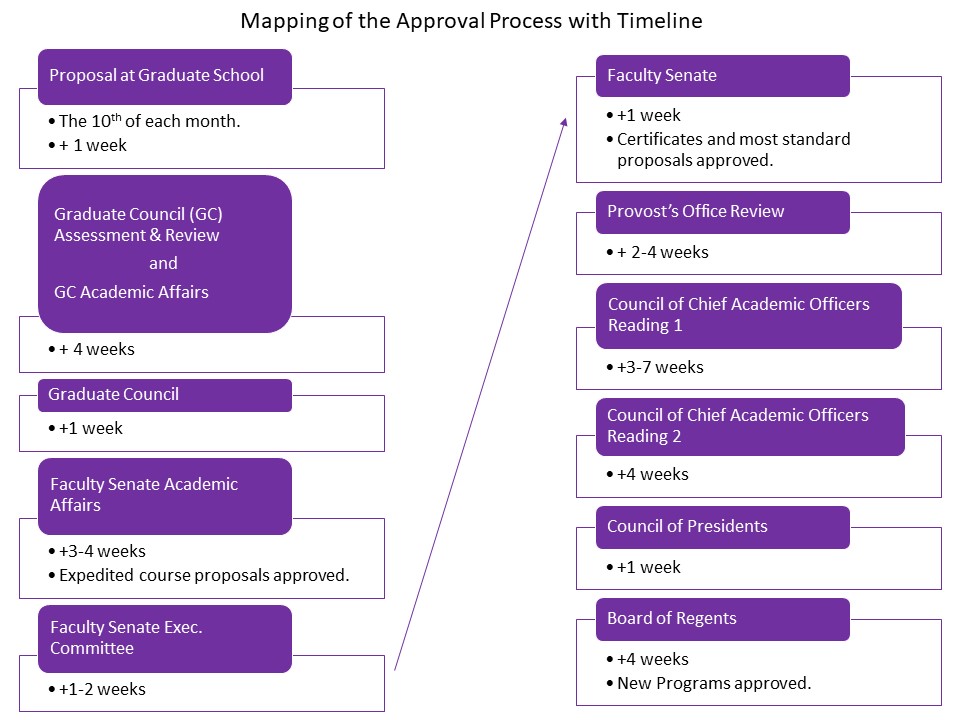Expedited Course and Curriculum
A course proposal is expedited if all the following are true:
- The proposal is a course change or drop (course additions cannot be expedited).
- The change does not impact an academic unit outside of the proposing college or school.
- The course meets one of the following criteria:
- It is not part of any curriculum offered outside of the proposing college or school. This is verified by running the impact report and including it with the proposal.
- It is part of the curriculum but only among a list of numerous other options (technical, free, unrestricted, humanities, etc. electives).
- Students from outside of the proposing college rarely enroll in the course.
- The change involves renumbering, renaming, or changing course descriptions due to changes in current practices or terminology in the discipline.
- The course proposal does not add, change, or remove a K-State 8 tag from an existing course. However, dropping a course can be an expedited process, even if the course has K-State 8 tags.
- The course proposal does not combine two or more courses, which results in dropping one of the course numbers.
A curriculum proposal may use the expedited process if all the following are true:
- The proposal is a change.
- The proposal does not add or discontinue a curriculum or sub-curriculum (option, track, specialization, etc.).
- The required total number of credit hours for completion of a program is not changing.
- The proposal does not impact another unit outside of the college.
- This proposal does not add or delete a course(s) that impacts enrollment of courses outside the college. There is no addition of course(s) outside the college which were not previously required.
- The degree name is not changing.
- This proposal is not a substantial rewrite of a curriculum.
Proposals that are begun as expedited and are moved to standard create additional work for many people, including the proposing unit. When in doubt, a standard proposal is always acceptable and only increases the approval process by approximately one month. Below are some common mistakes where individuals incorrectly start an expedited proposal that has to be moved to standard routing.
- The proposal impacts another unit outside the college, and the impacted unit is highly supportive.
- The proposal impacts another unit outside the college, and the unit has received no response.
- Course prefix or number changes.
- Change in the number of credit hours of a curriculum.
- Changing requisites involving courses outside of the proposing college.
- Cross-listed courses, even if the cross-listing is in the same college.
- There is perceived subject overlap with content delivered by another college.
For a complete description of the curriculum approval process, see the Registrar’s website: https://www.k-state.edu/curriculog/deadlines/

The Graduate School will inform the proposing department of the outcome of each committee decision via Curriculog, including instructions on how to proceed if an item is not approved.
View the Approval, Routing, and Notification Policies (ARN) for Course and Curriculum Processes for detailed instructions on course and curriculum proposal procedures.